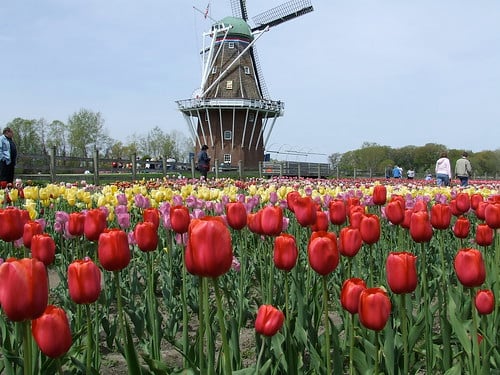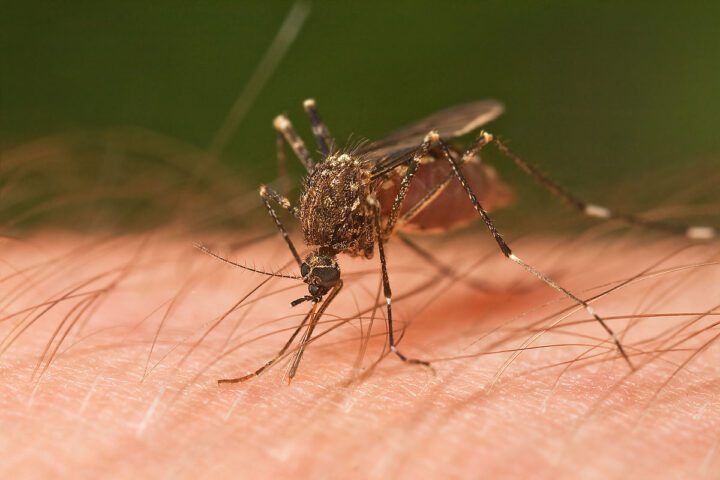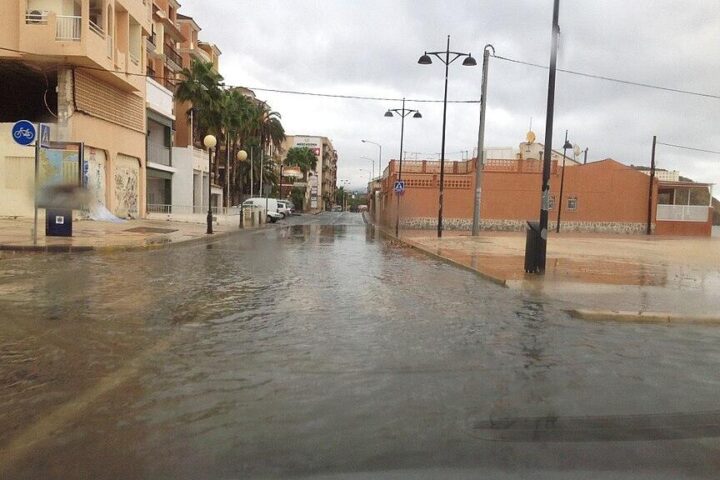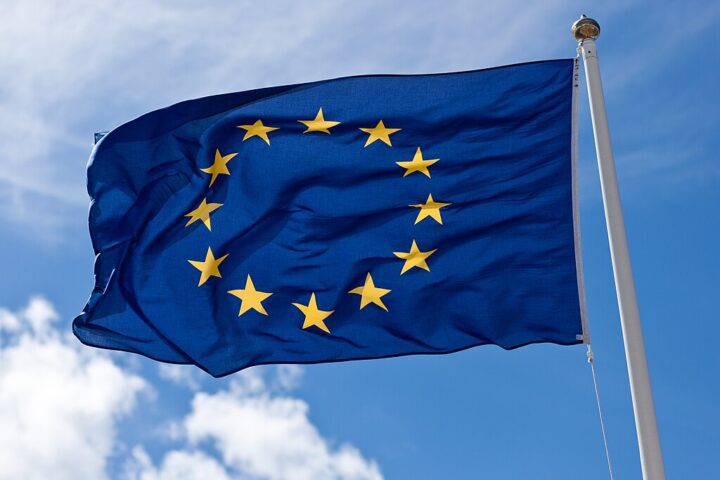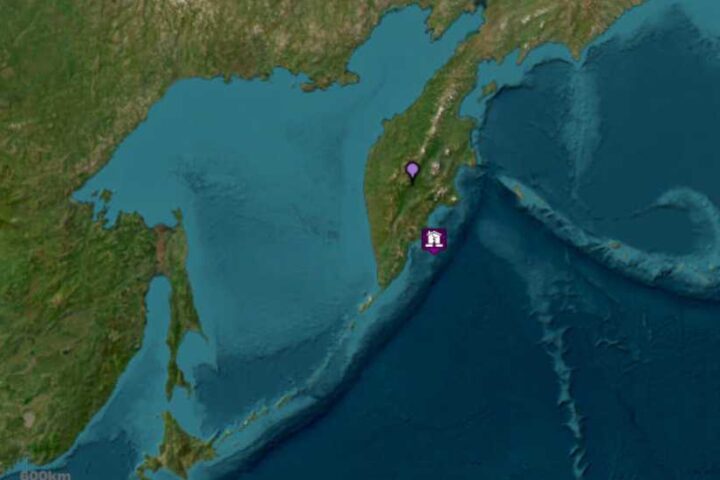Portugal is taking a decisive step toward sustainable eating habits with its national strategy for plant-based protein , part of the updated National Energy and Climate Plan (NECP 2030). This is the first time an EU member state has embedded a “low-carbon diet” concept into its climate planning.
Why This Matters for Your Plate and the Planet
Food consumption accounts for about 30% of Portugal’s ecological footprint—more than transportation at 21–22%—and nearly half of that comes from animal proteins, particularly meat and fish.
“This is a meaningful step towards transforming the country’s food system,” says Joana Oliveira, Director of ProVeg Portugal. “The Government now needs to establish clear funding sources, craft detailed implementation timelines, and define robust impact metrics.”
The strategy addresses both sides of the food equation:
- For consumers: More plant-based options in public canteens like schools and hospitals
- For producers: Support for domestic legume cultivation and processing
Currently, Portugal produces only 14% of the legumes it consumes, creating an economic opportunity for farmers to grow more sustainable protein sources.
Health Benefits Beyond the Environment
Legumes aren’t just good for the planet—they’re packed with protein, iron, fiber, folate, magnesium, and zinc. Research links their consumption to lower risks of high blood pressure, heart disease, and improved overall health.
What’s Next?
While the strategy shows promise, experts suggest it could be strengthened with:
- Clear targets for reducing meat consumption
- Dedicated budget allocations
- Integration with national dietary guidelines
- Regular monitoring of progress
- Tax incentives for plant-based foods
- Education and training programs
Rafael Pinto, Senior Policy Manager at the European Vegetarian Union, notes: “This is one of the most consensual proposals for the future of EU agriculture, gathering support on all sides of the table, from farmers to doctors, diverse NGOs, companies and policymakers.” (source)

The question now: Will the EU follow Portugal’s lead with its own continent-wide protein strategy? With countries like Denmark, Germany, and the Netherlands already implementing similar policies, momentum is building for broader European action.
As Portugal pushes forward, this strategy could help transform how we eat, grow food, and protect our environment—one plant-based meal at a time.
![Mina do Bugalho, Portugal [2011]. Photo Source: almoço no zé unta (CC BY-SA 2.0)](https://www.karmactive.com/wp-content/uploads/2025/05/500px-Portuguese_Lunch.jpg)
